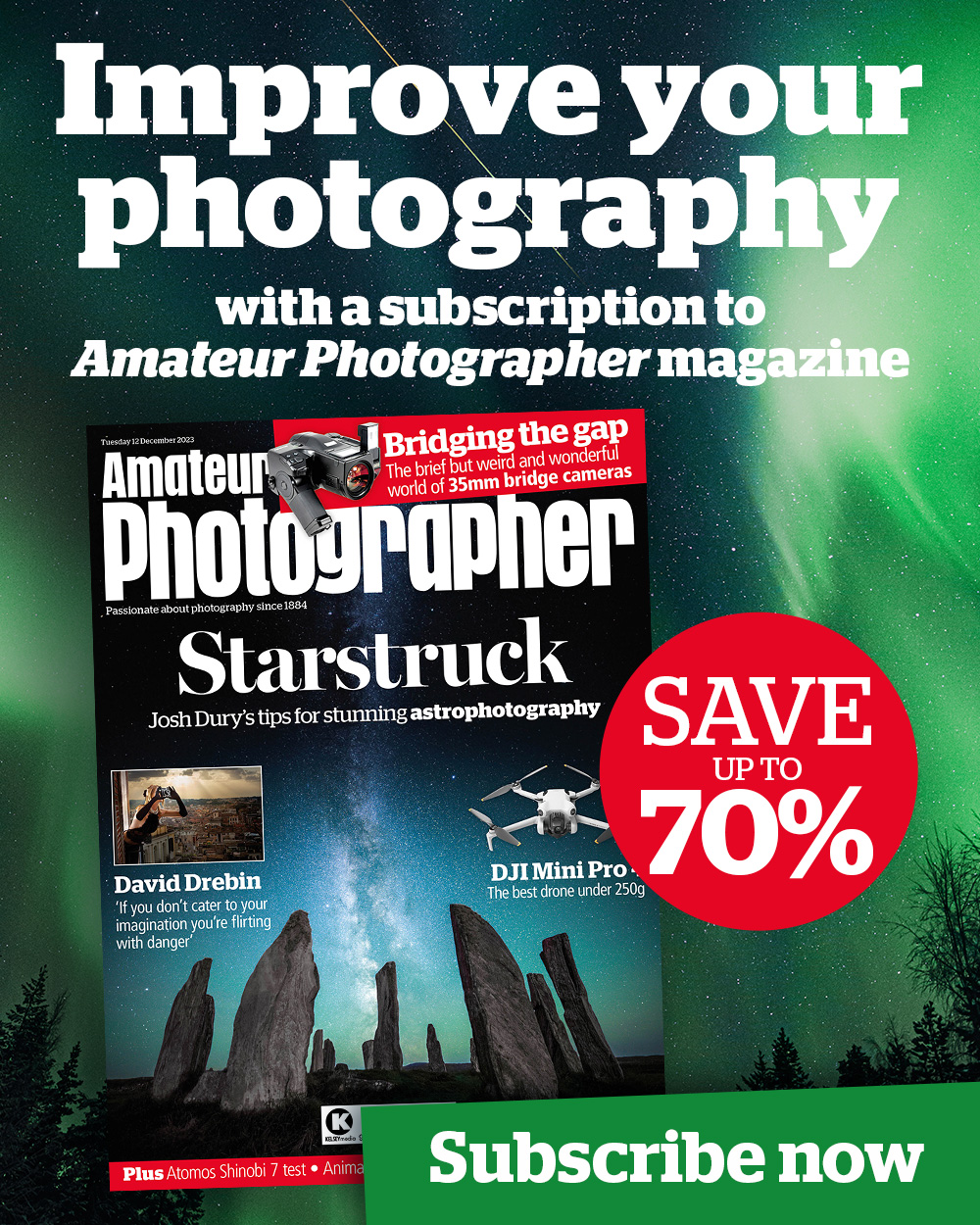Advertisement
Forums
To all forum users
We’re very sorry to have to inform you that we are no longer able to continue running the AP forums. AP has launched a new and improved website that offers a better layout, and enhanced functionality. However, the technology behind the platform we are using is, unfortunately, incompatible with the forum.
We would like to thank all the active participants of these forums over the years for their friendliness, helpfulness, and community spirit.
There have been over 1.7 million messages on the forums, over 140,000 topics, with over 53,000 members joining since 1999.
We would love it if you continued to visit the site, as we plan on implementing new ways to interact with the site and each other in the future.
In the meantime, stay up to date with Amateur Photographer by visiting the site, subscribing to the magazine or our weekly newsletter, or following us on facebook, twitter, instagram and YouTube.
We are always happy to see your photos, read your comments, and answer questions.
The AP Team
Read the latest photography news, reviews, buying guides, technique, opinion, and more.

